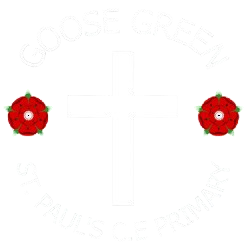EYFS
The Early Year’s Foundation Stage will be marked by excellence, enjoyment and fun. Our intention is to develop quality and consistency in the provision of education and welfare for the children in this school. As a Church school, we aim to provide a welcoming, caring, happy, Christian environment, where everyone is valued equally and achieves their full potential. Our practice will fully meet the standards and statutory requirements set out in the ‘Child Care Act 2006.’ All children will experience excellent provision and will enjoy their time in the Foundation Stage.
The Early Years Foundation Stage (EYFS) applies to children from birth to the end of the reception year. The EYFS is based upon four principles:
• A Unique Child
• Positive Relationships
• Enabling Environments
• Learning and Development
Areas of Learning of Development
The EYFS is made up three prime areas of learning
- Personal, Social and Emotional Development
- Communication and Language
- Physical Development
- There are also four specific areas of learning which are
- Literacy
- Maths
- Understanding of the World
- Expressive Art and Design
None of these areas can be delivered in isolation from the others. They are equally important and depend on each other. All areas are delivered through a balance of adult led and child-initiated activities. In each area there are Early Learning Goals that define the expectations for most children to reach by the end of the EYFS.
We meet the needs of all our children through:
- planning opportunities that build upon and extend children’s knowledge, experience and interests, and develop their self-esteem and confidence;
- using a wide range of teaching strategies based on children’s learning needs;
- providing a wide range of opportunities to motivate and support children and to help them to learn effectively;
- providing a safe and supportive learning environment in which the contribution of all children is valued;
- using resources which reflect diversity and are free from discrimination and stereotyping;
- planning challenging activities for children whose ability and understanding are in advance of their language and communication skills;
- monitoring children’s progress and taking action to provide support as necessary.

